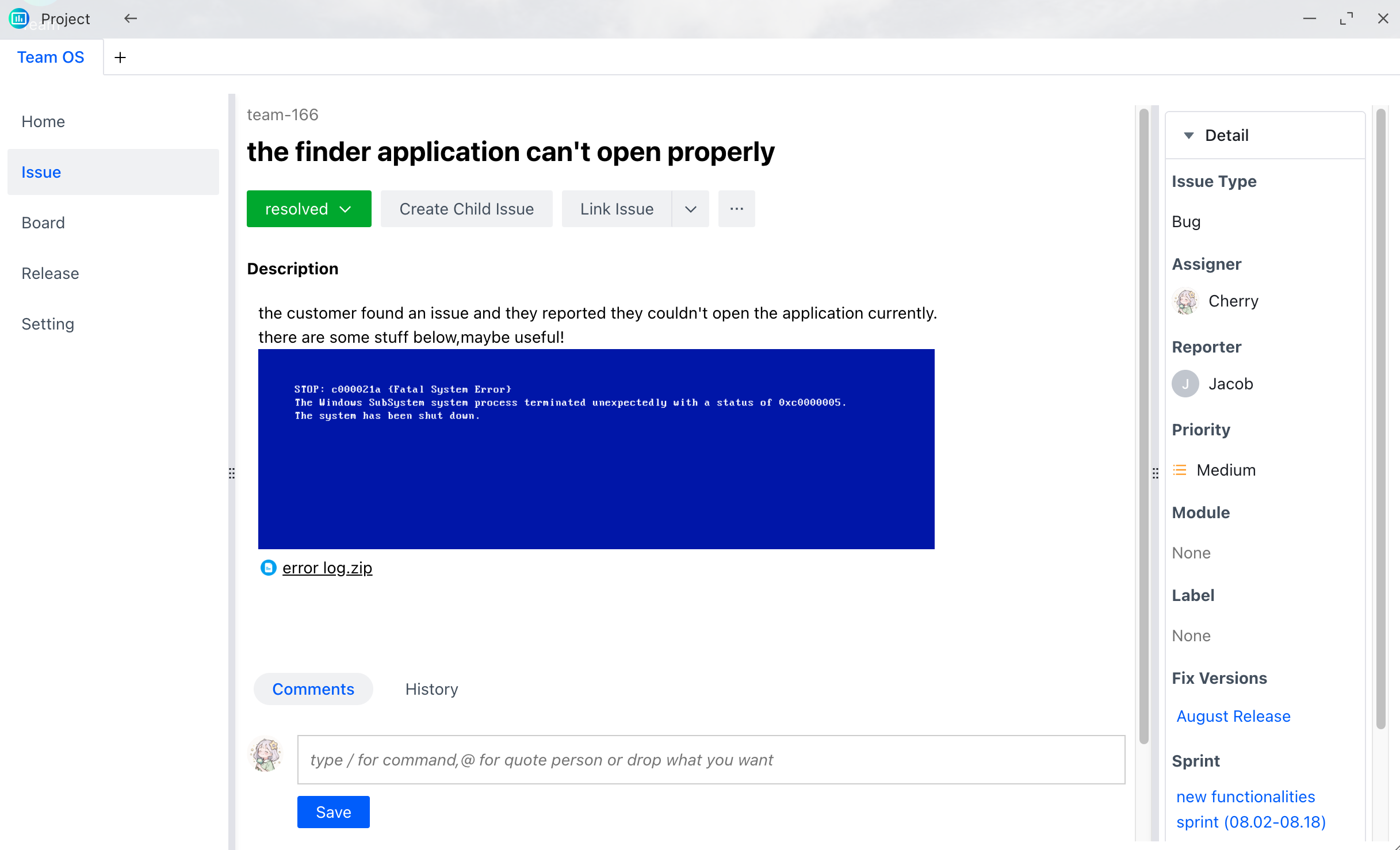SENet-Tensorflow 使用教程
SENet-TensorflowSimple Tensorflow implementation of “Squeeze and Excitation Networks” using Cifar10 (ResNeXt, Inception-v4, Inception-resnet-v2)项目地址:https://gitcode.com/gh_mirrors/se/SENet-Tensorflow
项目介绍
SENet(Squeeze-and-Excitation Networks)是一种在图像处理领域中广泛应用的网络结构,通过建模通道之间的关系来提升网络的表征能力。该项目是基于TensorFlow实现的SENet,旨在帮助开发者快速理解和应用SENet结构。
项目快速启动
环境准备
确保你已经安装了以下依赖:
Python 3.xTensorFlow 2.x
克隆项目
git clone https://github.com/taki0112/SENet-Tensorflow.git
cd SENet-Tensorflow
训练模型
以下是一个简单的训练示例:
import tensorflow as tf
from model import SENet
# 加载数据集
(x_train, y_train), (x_test, y_test) = tf.keras.datasets.cifar10.load_data()
x_train, x_test = x_train / 255.0, x_test / 255.0
# 构建模型
model = SENet()
model.compile(optimizer='adam',
loss='sparse_categorical_crossentropy',
metrics=['accuracy'])
# 训练模型
model.fit(x_train, y_train, epochs=10, validation_data=(x_test, y_test))
应用案例和最佳实践
图像分类
SENet在图像分类任务中表现出色。以下是一个使用SENet进行图像分类的最佳实践:
数据预处理:确保图像数据归一化。模型构建:使用SENet结构构建模型。训练优化:使用Adam优化器和稀疏分类交叉熵损失函数。评估:在验证集上评估模型性能。
迁移学习
SENet也可以用于迁移学习,通过在大型数据集上预训练的模型来提升小数据集上的性能。
典型生态项目
TensorFlow Hub
TensorFlow Hub提供了预训练的SENet模型,可以直接用于迁移学习:
import tensorflow_hub as hub
model = tf.keras.Sequential([
hub.KerasLayer("https://tfhub.dev/google/imagenet/senet_v2/classification/4"),
tf.keras.layers.Dense(10, activation='softmax')
])
TensorFlow Addons
TensorFlow Addons提供了一些额外的层和功能,可以与SENet结合使用,进一步提升模型性能。
import tensorflow_addons as tfa
model.compile(optimizer=tfa.optimizers.AdamW(weight_decay=1e-4),
loss='sparse_categorical_crossentropy',
metrics=['accuracy'])
通过这些生态项目,可以更灵活地应用和扩展SENet模型。
SENet-TensorflowSimple Tensorflow implementation of “Squeeze and Excitation Networks” using Cifar10 (ResNeXt, Inception-v4, Inception-resnet-v2)项目地址:https://gitcode.com/gh_mirrors/se/SENet-Tensorflow
相关文章











